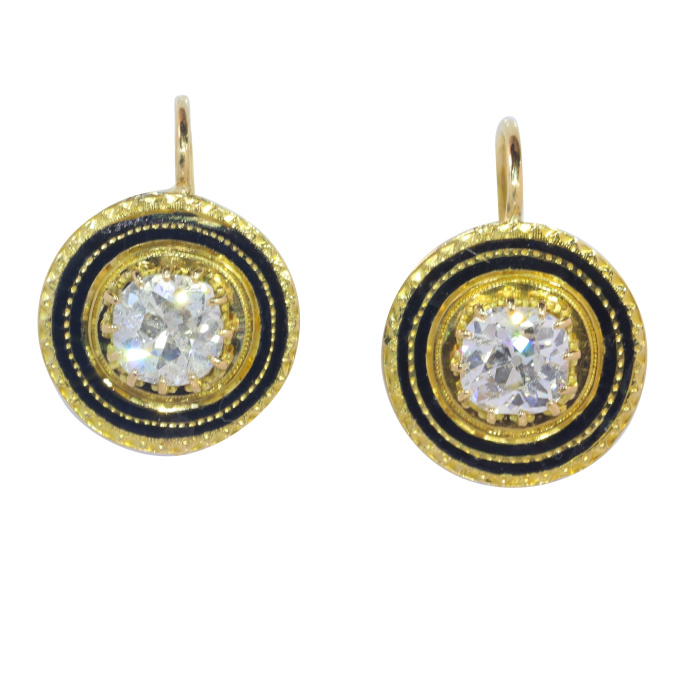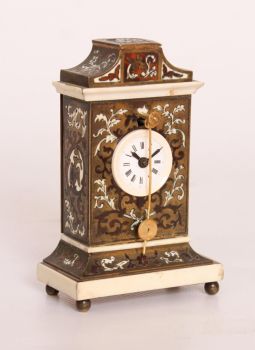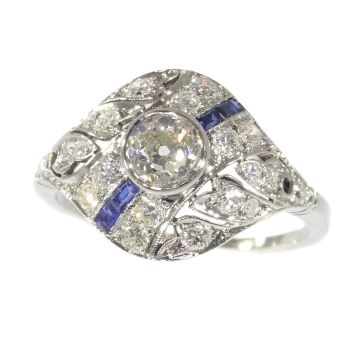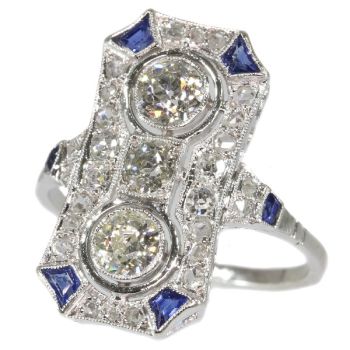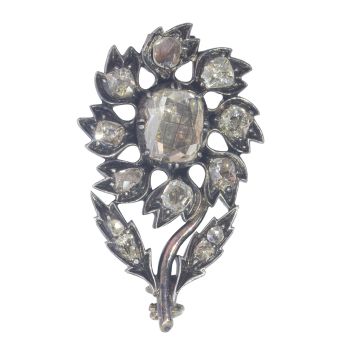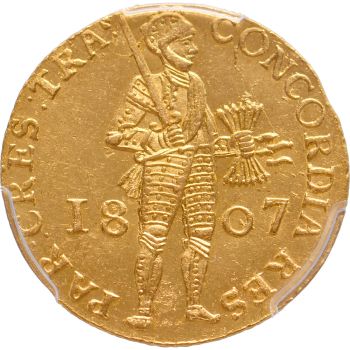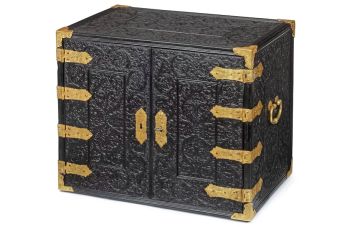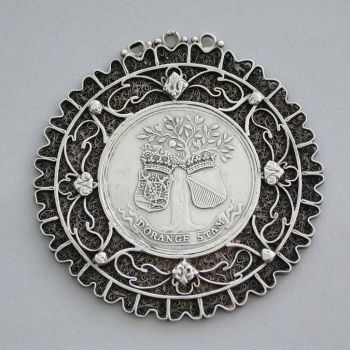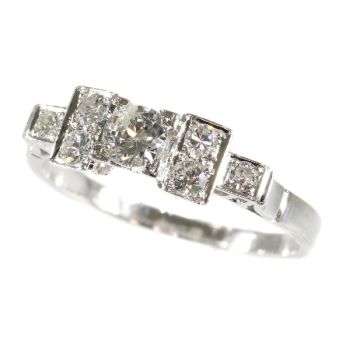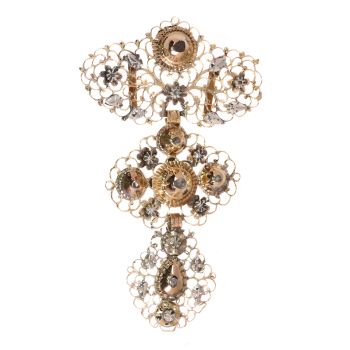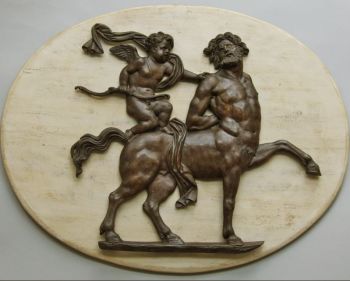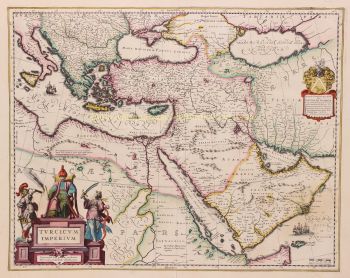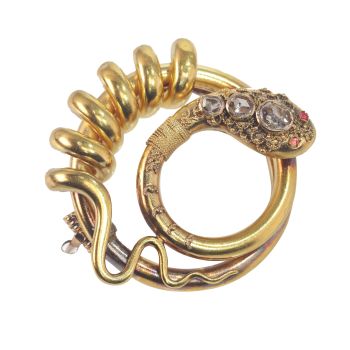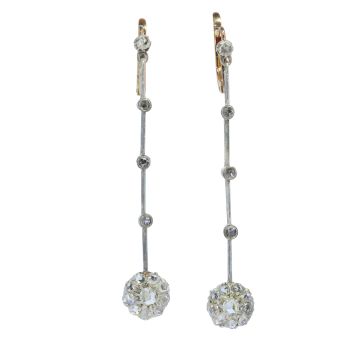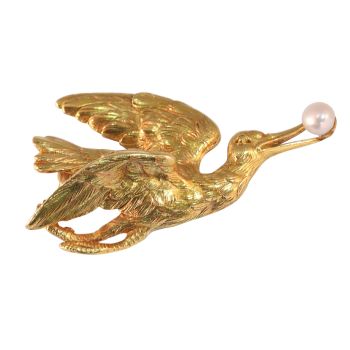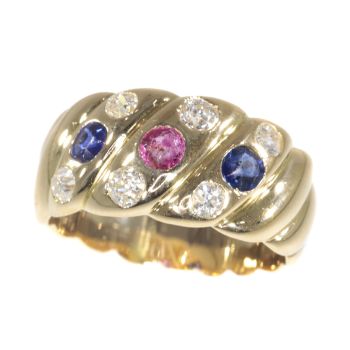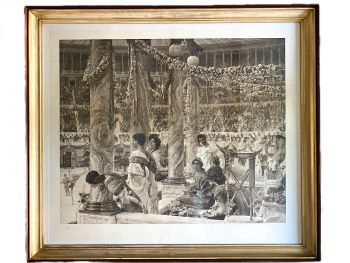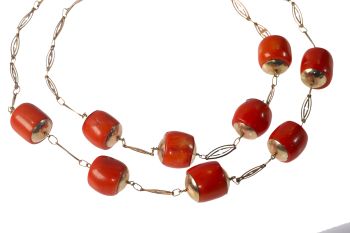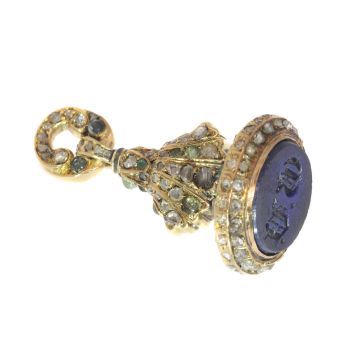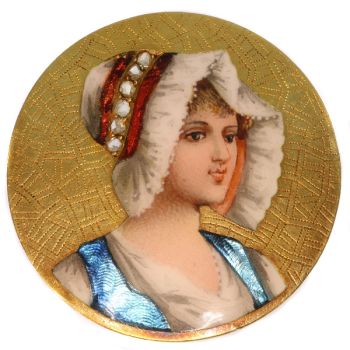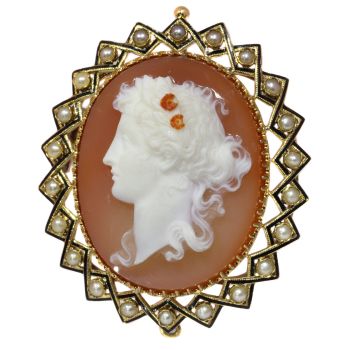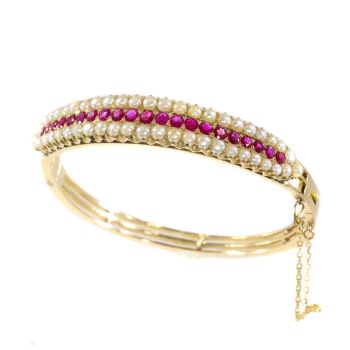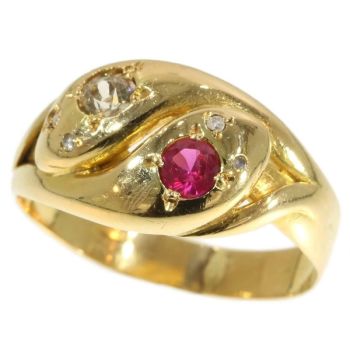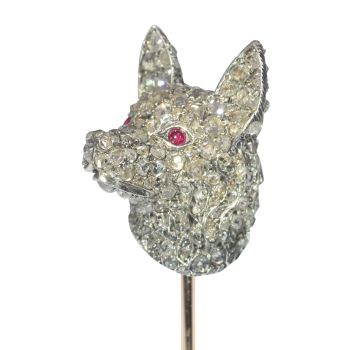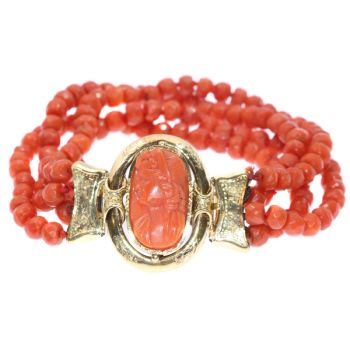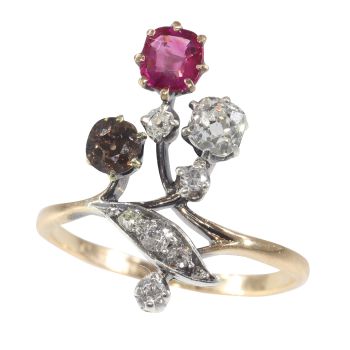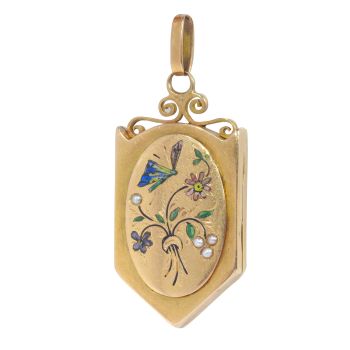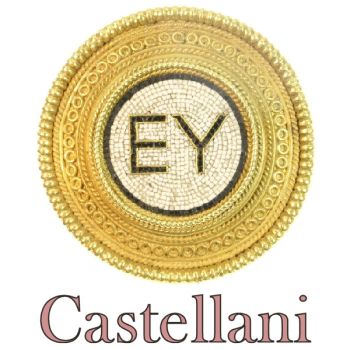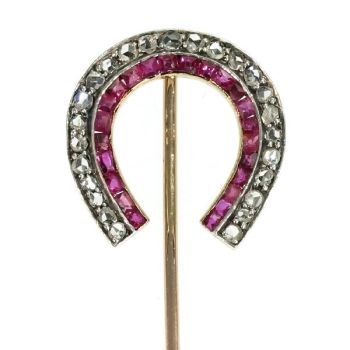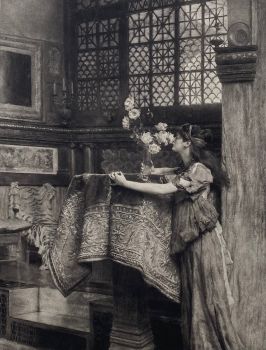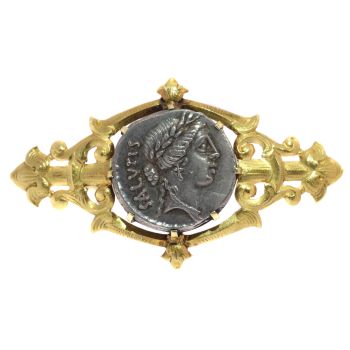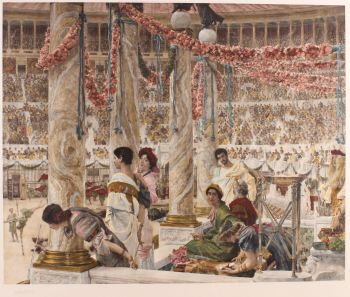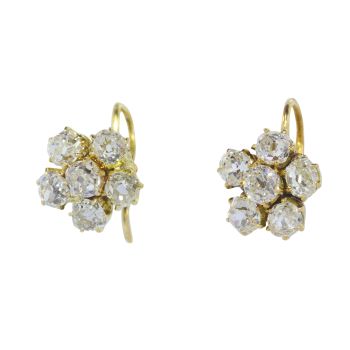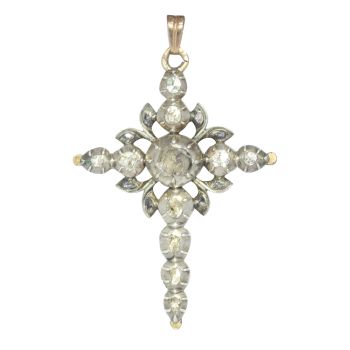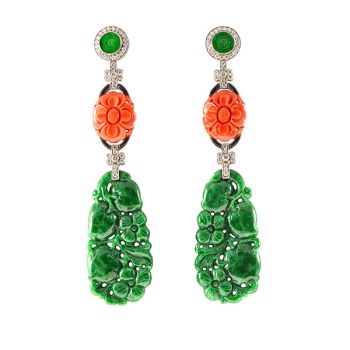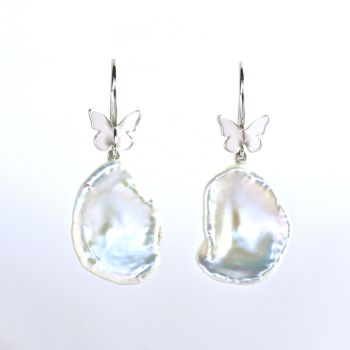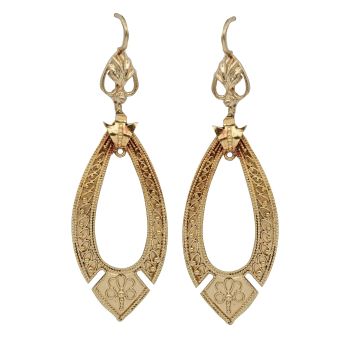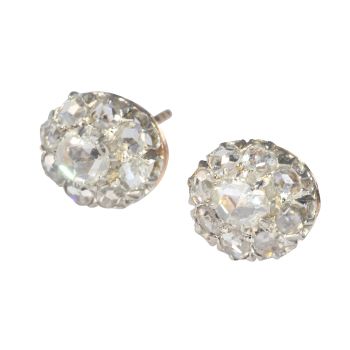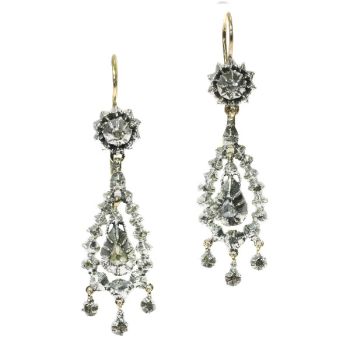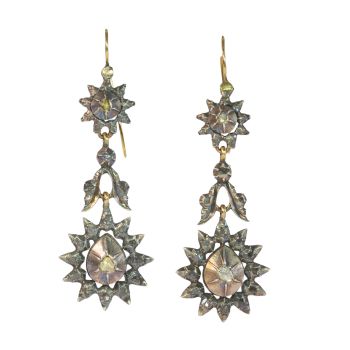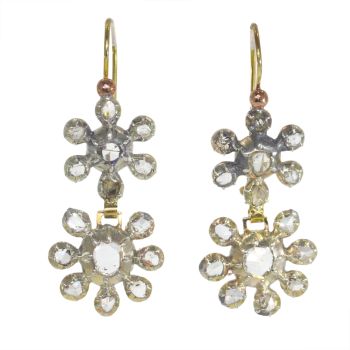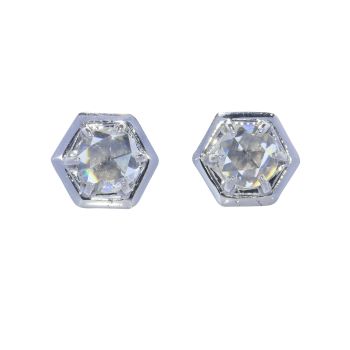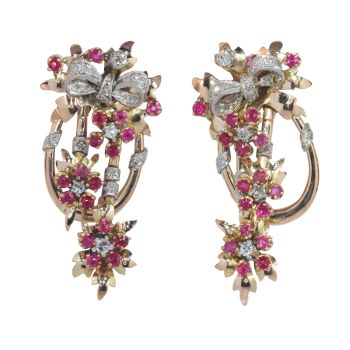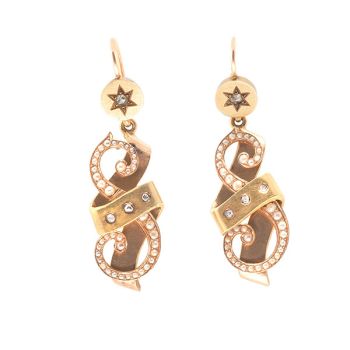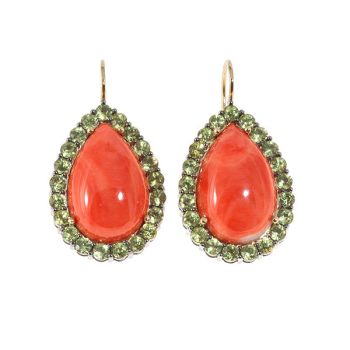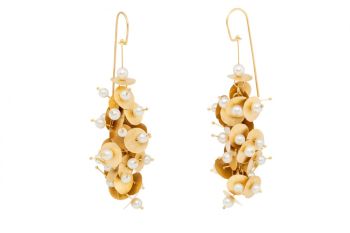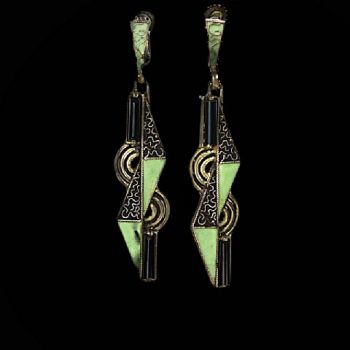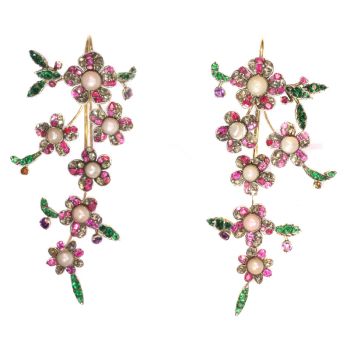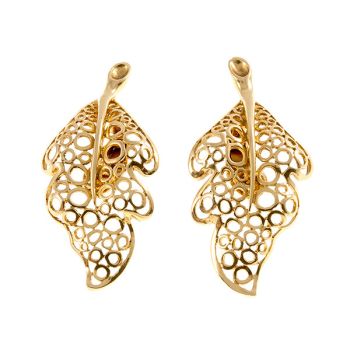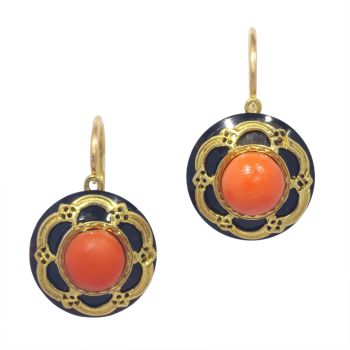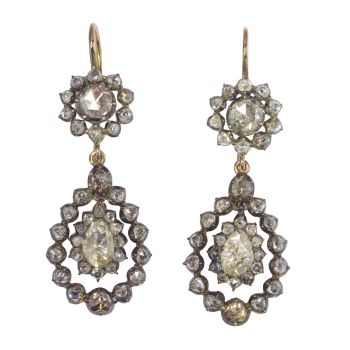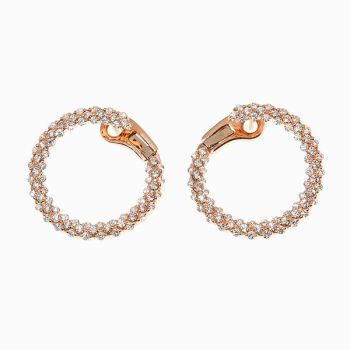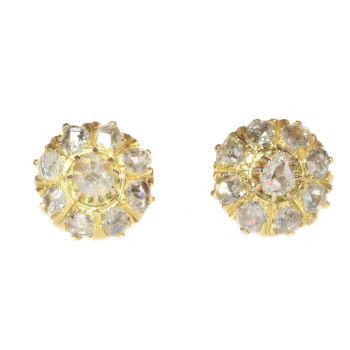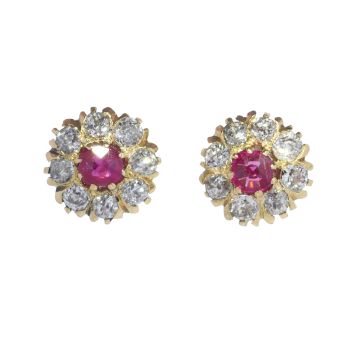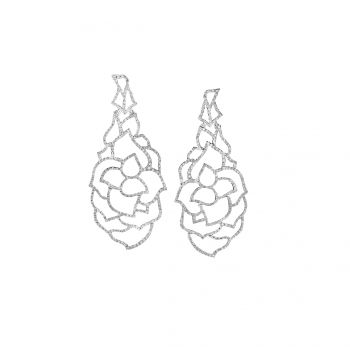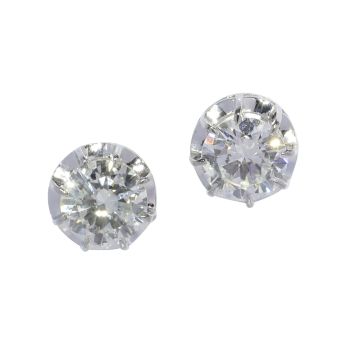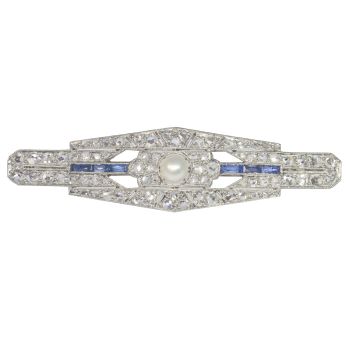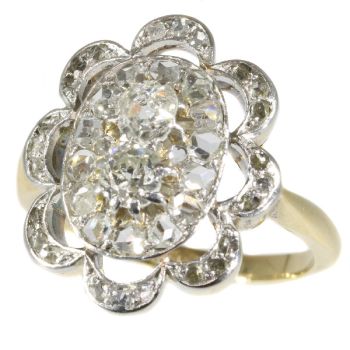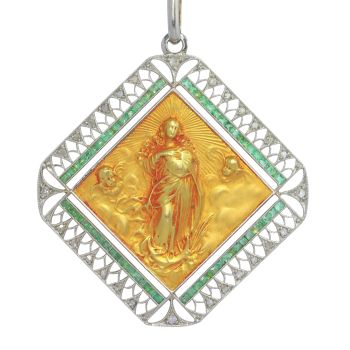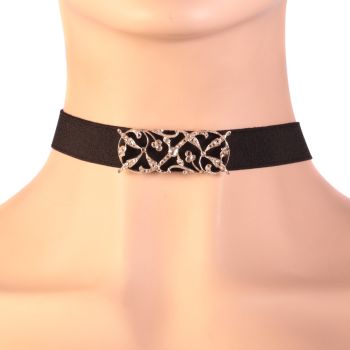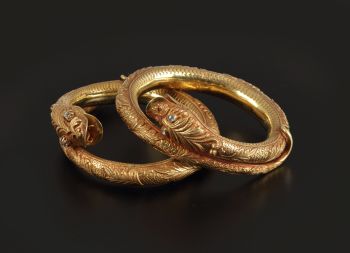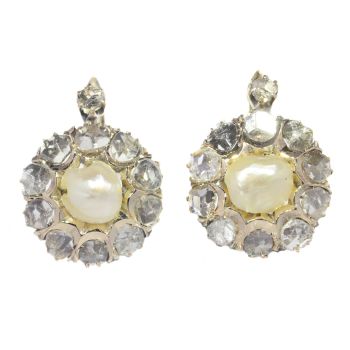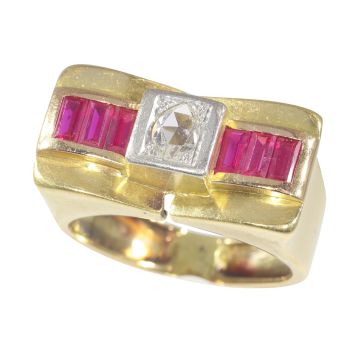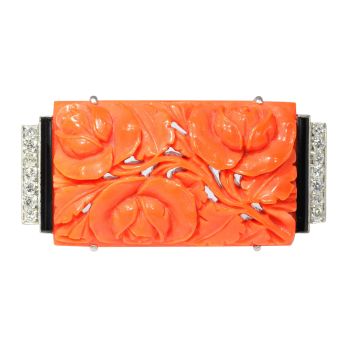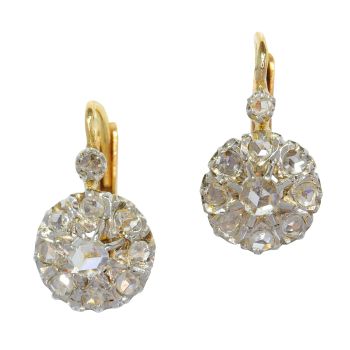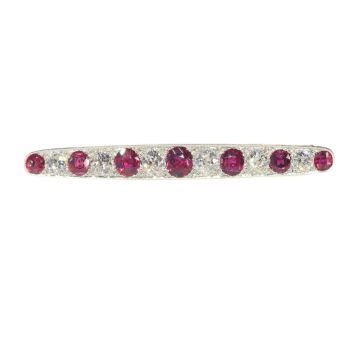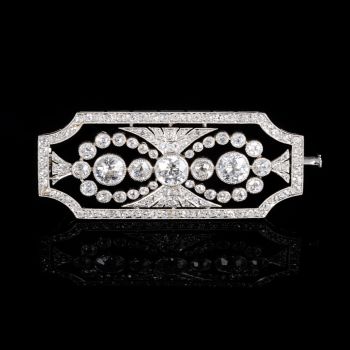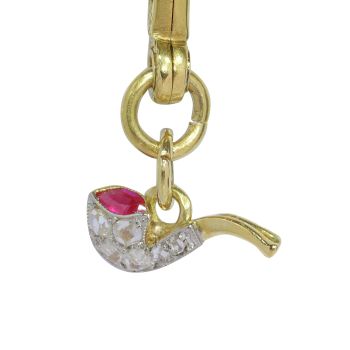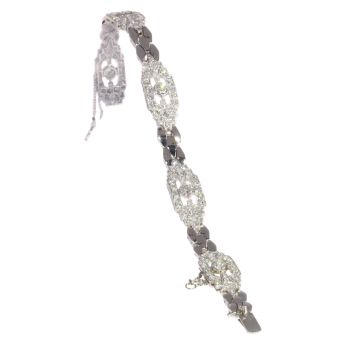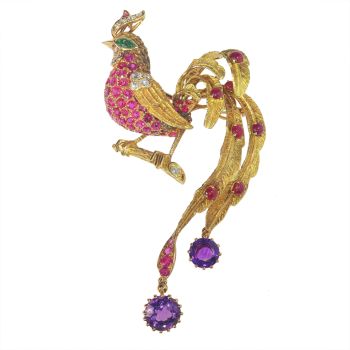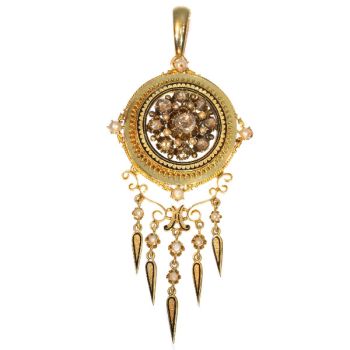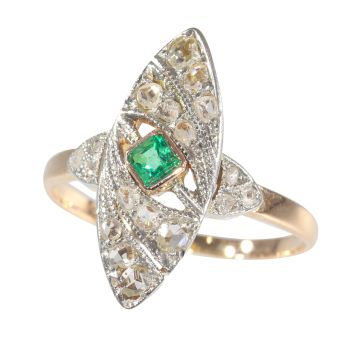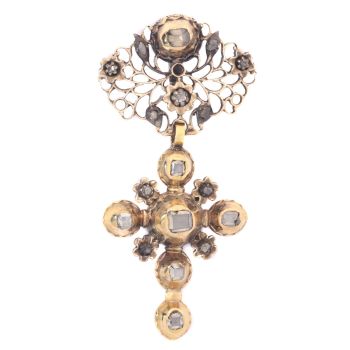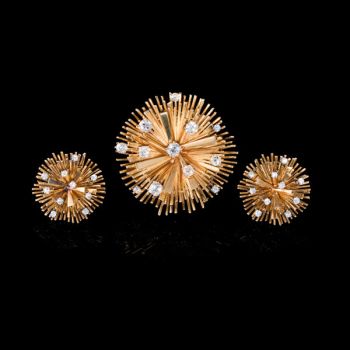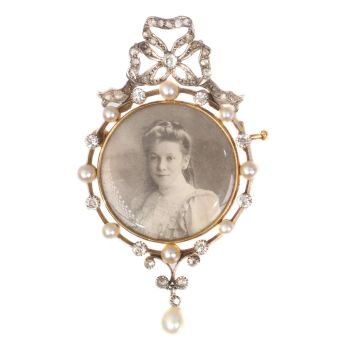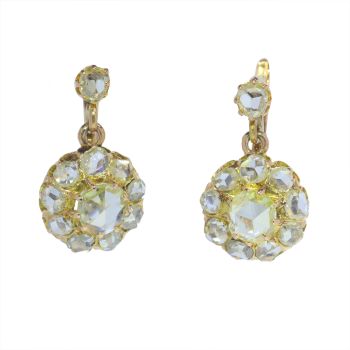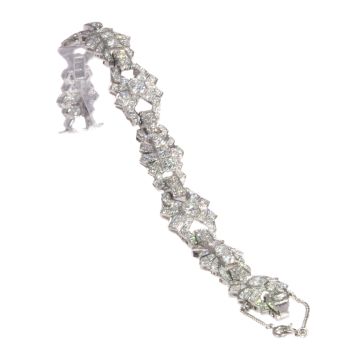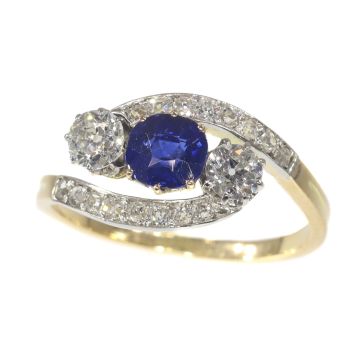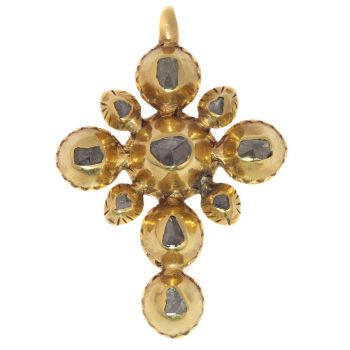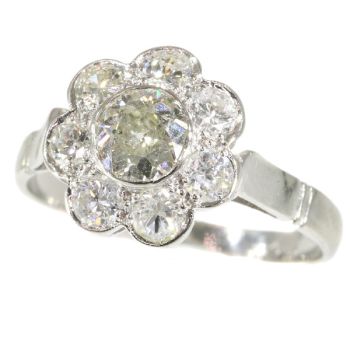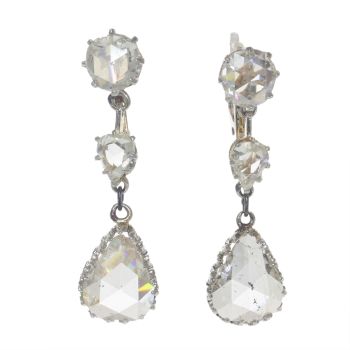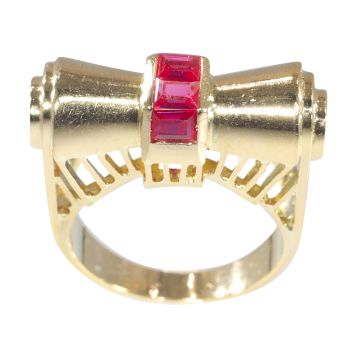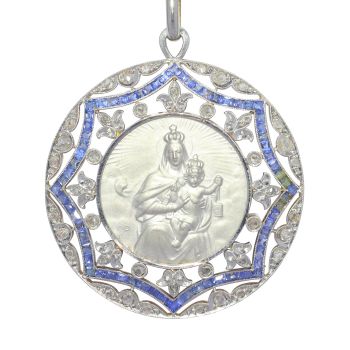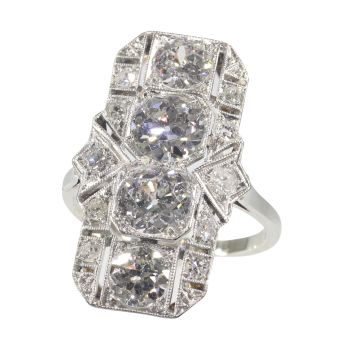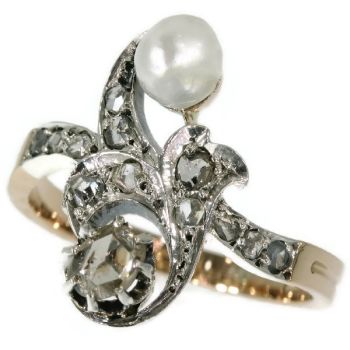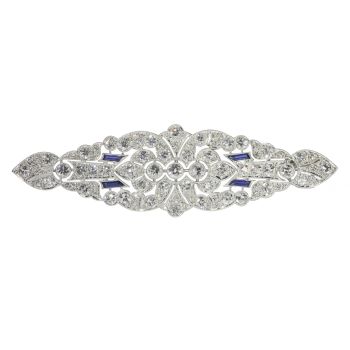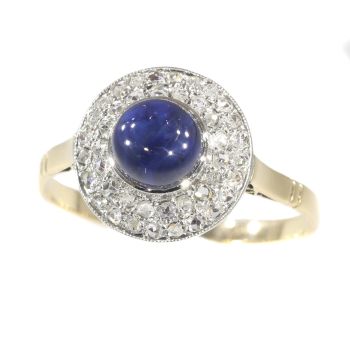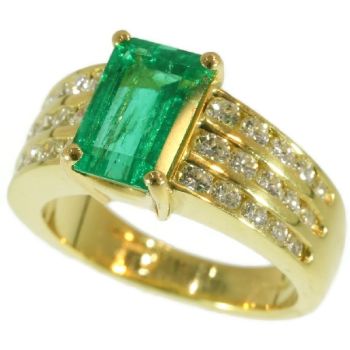Vintage early Victorian 18K gold enameled earrings with old mine cut brilliants 1830
Artista Desconocido
DiamanteOroEsmaltePiedra preciosa
€ 9.500
Adin Fine Antique Jewellery
- Sobre la obra de arte
Antique jewelry object group
earrings short hanging
Condition
good condition (enamel has small signs of wear)
more info on our condition scale
Country of origin
unknown
Style
Early-Victorian - Victorian decorative arts refers to the style of decorative arts during the Victorian era. The Victorian era is known for its eclectic revival and interpretation of historic styles and the introduction of cross-cultural influences from the middle east and Asia in furniture, fittings, and Interior decoration. Victorian design is widely viewed as having indulged in a regrettable excess of ornament. The Arts and Crafts movement, the aesthetic movement, Anglo-Japanese style, and Art Nouveau style have their beginnings in the late Victorian era.
See also: early-Victorian
more info on styles
Style specifics
Victorian - In 1837 Queen Victoria begins the longest reign in the history of Great Britain. For 64 years, from 1837 till 1901, she symbolizes the growth and triumph of the British Empire as Queen of Great Britain and Ireland and Empress of India. Proud, passionate about beautiful things, highly educated about all styles of time, she influences the lifestyles through her taste and immense love of jewelry.
Victorian decorative arts refers to the style of decorative arts during the Victorian era. The Victorian era is known for its eclectic revival and interpretation of historic styles and the introduction of cross-cultural influences from the middle east and Asia. The Arts and Crafts movement, the aesthetic movement, Anglo-Japanese style, and Art Nouveau style have their beginnings in the late Victorian era. (Last part freely rendered from: Wikipedia)
Period
ca. 1830
Events & facts of this era, poetry of this era, fashion of this era.
Material
18K yellow gold (touchstone tested)
more info on precious metals
Technique
Enamelling is an old and widely-adopted technology. The ancient Egyptians applied enamels to pottery and stone objects. The ancient Greeks, Celts, Russians, and Chinese also used enameling processes on metal objects. Enamel is the colorful result of fusing powdered glass to a substrate by firing, usually between 750 and 850 degrees Celsius. The powder melts and flows and hardens to a smooth, durable vitreous coating on metal, glass or ceramic. According to some sources, the word enamel comes from the High German word smelzan (to smelt) via the Old French esmail. Used as a noun, "an enamel" is a usually small decorative object, coated with enamel coating, such as a champlevé or a cloisonné (different techniques).
Diamonds
Two old brilliant cut diamondswith an estimated weight of ± 1.66ct colour and clarity F/I, si/i
All diamond weights, color grades and clarity are approximate since stones are not removed from their mounts to preserve the integrity of the setting.
All diamonds we offer are screened by the I.J.G.C. for whether they are natural or synthetic, and all diamonds in this jewel are 100% guaranteed to be natural.
Birthstones
Diamond is the birthstone (or month stone) for April.
more info on birthstones
Hallmarks
No trace.
more info on hallmarks
Dimensions
diameter 1,36 cm (0,54 inch)
see picture with a ruler in millimeters and inches
Weight
3,90 gram (2,51 dwt)
Adin Reference Nº
21355-0125
Copyright photography
Adin, fine antique jewellery
Additional information
our latest acquisitions
jewelry glossary
wall of fame
visit us in Antwerp
subscribe to our mailinglist
- Sobre el artista
Puede suceder que un artista o creador sea desconocido.
Algunas obras no deben determinarse por quién está hecho o por (un grupo de) artesanos. Algunos ejemplos son estatuas de la Antigüedad, muebles, espejos o firmas que no son claras o legibles, pero también algunas obras no están firmadas en absoluto.
También puedes encontrar la siguiente descripción:
•"Atribuido a …." En su opinión, probablemente una obra del artista, al menos en parte.
•“Estudio de….” o “Taller de” En su opinión, una obra ejecutada en el estudio o taller del artista, posiblemente bajo su supervisión
•“Círculo de…” En su opinión, una obra del período del artista que muestra su influencia, estrechamente asociado con el artista pero no necesariamente su alumno.
•"Estilo de …." o “Seguidor de…”. En su opinión, una obra ejecutada al estilo del artista pero no necesariamente por un alumno; puede ser contemporáneo o casi contemporáneo
•"Manera de …." En su opinión una obra al estilo del artista pero de fecha posterior
•"Después …." En su opinión, una copia (de cualquier fecha) de una obra del artista
•“Firmado…”, “Fechado…” o “Inscrito” En su opinión, la obra ha sido firmada/fechada/inscrita por el artista. La adición de un signo de interrogación indica un elemento de duda.
•“Con firma…”, “Con fecha…”, “Con inscripción…” o “Lleva firma/fecha/inscripción” en su opinión la firma/fecha/inscripción ha sido añadida por alguien que no es el artista
¿Está interesado en comprar esta obra de arte?
Artwork details
Related artworks
Artista Desconocido
Two Centaurs, France or Italylate 18th
Precio a consultarRobert Schreuder Antiquair
1 - 4 / 12Lawrence Alma-Tadema
"Caracalla and Geta: Bear Fight in The Colloseum, AD 203" 1907
Precio a consultarGallerease Selected
 curada por
curada porDanny Bree
1 - 4 / 24- 1 - 4 / 24
Artista Desconocido
Broche Art Déco temprano1920
Precio a consultarAns Hemke-Kuilboer Juwelier & Antiquair
1 - 4 / 24- 1 - 4 / 12

